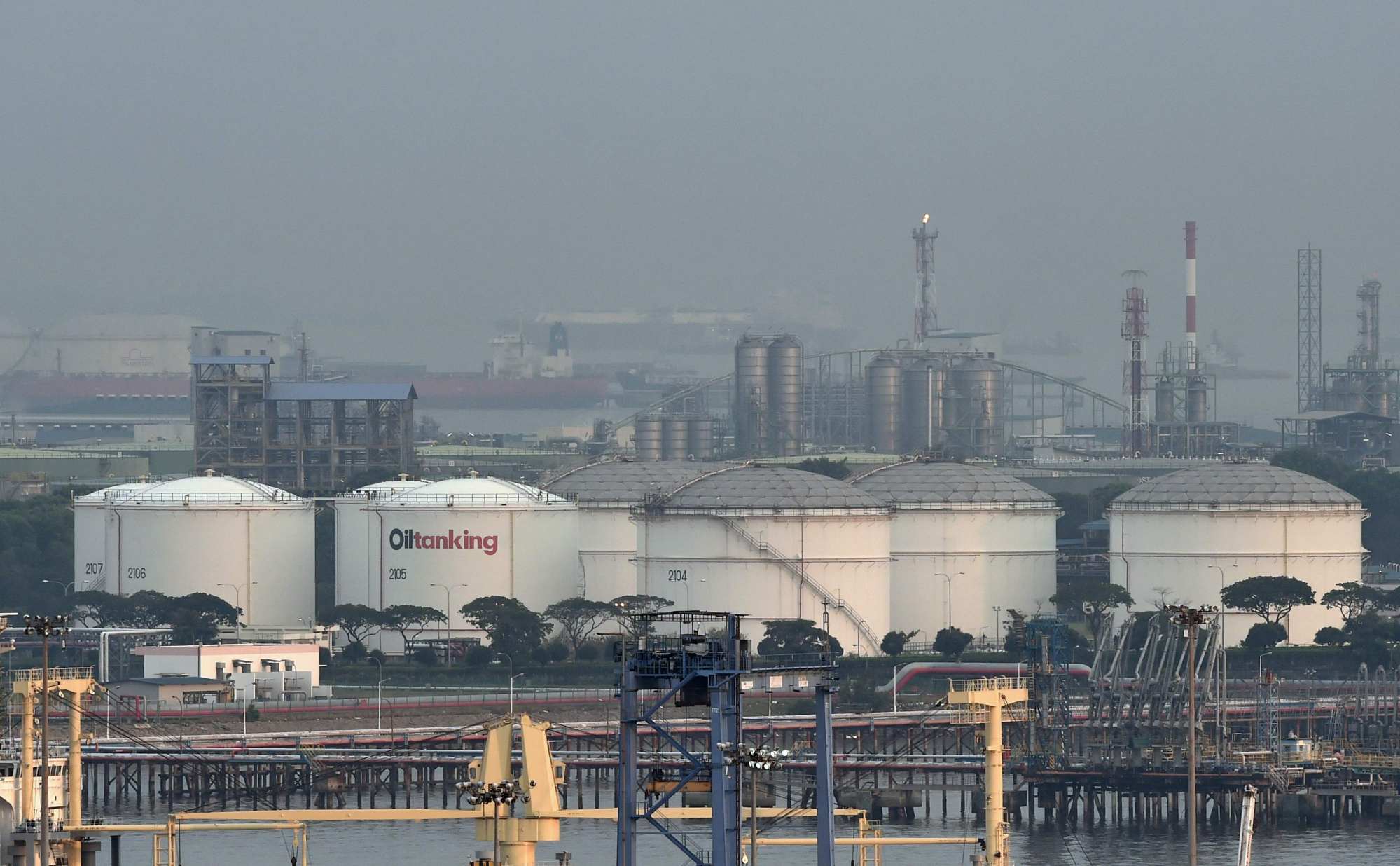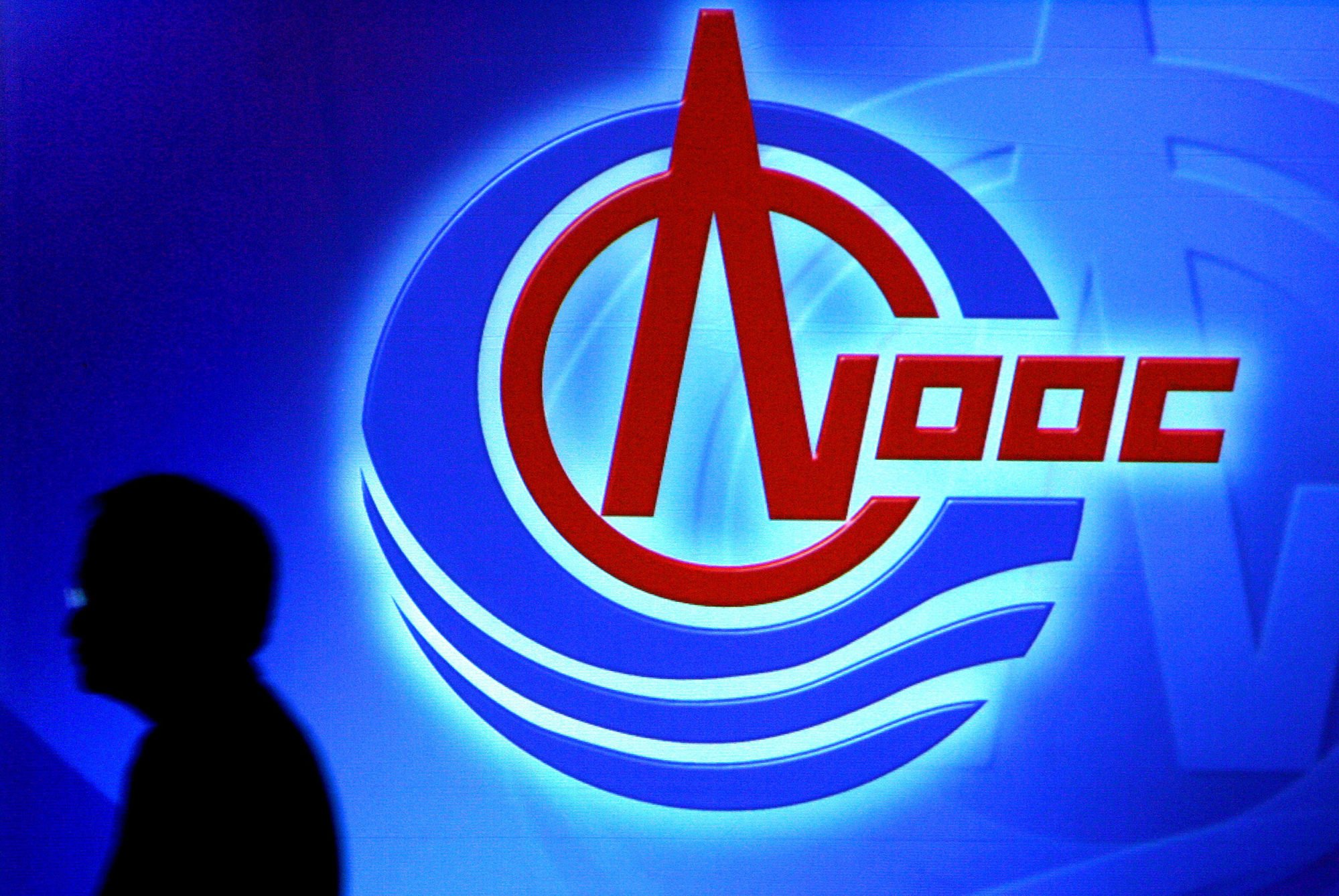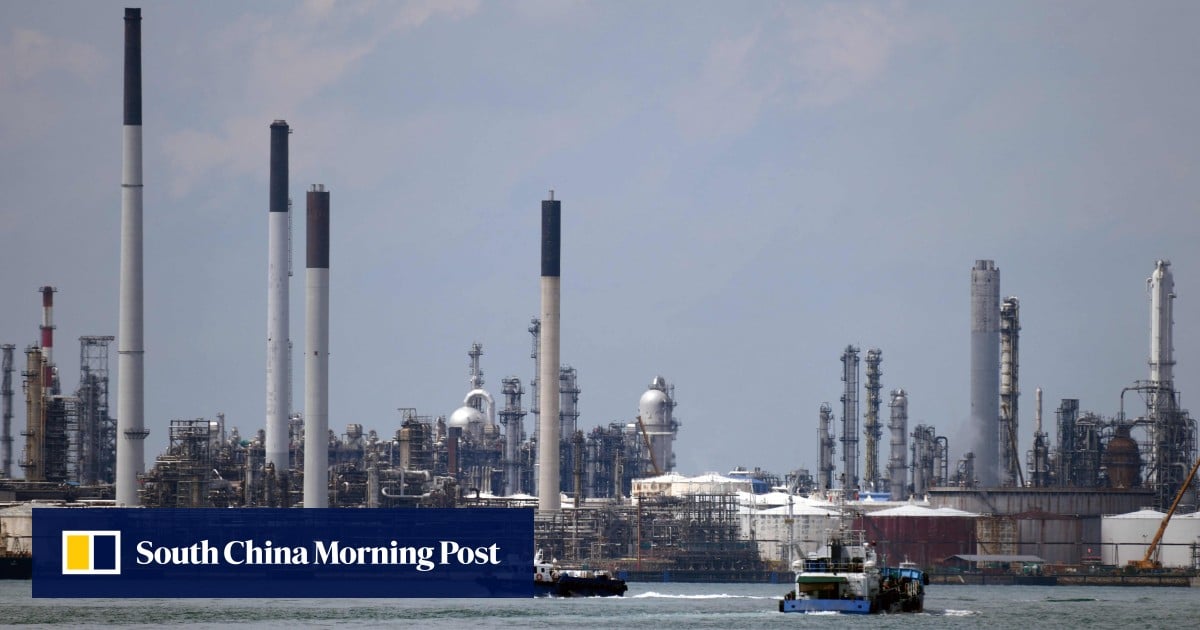Subject to regulatory approval, the transaction is expected to complete by the end of 2024, Shell added.
CAPGC is majority-owned and operated by Chandra Asri Group and minority-owned by Swiss miner and commodities trader Glencore through their respective subsidiary companies, the Indonesian chemical and infrastructure company said in a statement.

Shell’s assets include a refinery capable of processing 237,000 barrels per day (bpd) of oil and a 1-million-metric-tonne-per-year (tpy) ethylene plant located on Bukom island, just south of Singapore, as well as a plant that produces mono-ethylene glycol on Jurong island in the Southeast Asian city state’s west.
It was reported last August that Shell had hired Goldman Sachs to explore a potential sale of its refining and petrochemical plants in Singapore as part of a broader strategic review globally to become a lower-carbon operator.
The sale is part of Shell CEO Wael Sawan’s plan to reduce the company’s carbon footprint and focus its operations on the most profitable businesses.
The buyers of Shell’s assets on Bukom and Jurong islands would gain a foothold in one of the world’s top oil refining and trading centres but would also face competition from newer refineries in China and elsewhere – the Bukom facility opened in 1961 – as well as a Singapore carbon tax set to rise sharply in 2024.

CAGP and Vitol had been the final bidders for the assets after shortlisted Chinese firms including state-run China National Offshore Oil Corp (CNOOC) dropped out.
Acquiring Shell’s plants in Singapore would provide Chandra Asri with naphtha feedstock for its cracker and allow the company to integrate its petrochemical production with refining which could improve its efficiency and reduce costs.
Chandra Asri operates Indonesia’s sole naphtha cracker, which can produce 900,000 tonnes of ethylene and 490,000 tonnes of propylene annually, basic raw materials that are further processed at the complex into other petrochemicals.
For Glencore, Shell’s assets would give the global trader a physical foothold for its trading in Asia.

